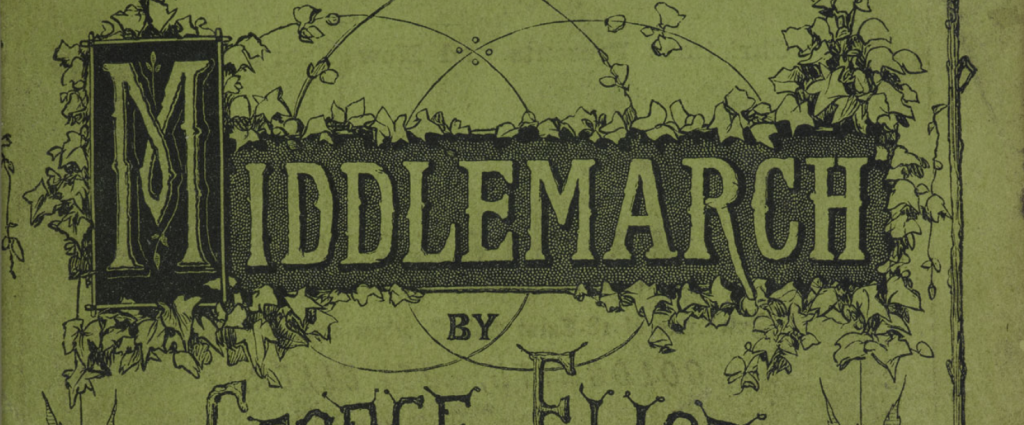What is the nature of Rosamond’s attachment to Lydgate?
Quote:
“…if he had been able to discriminate better the refinements of her taste in dress, she could hardly have mentioned a deficiency in him. How different he was from young Plymdale or Mr. Caius Larcher! Those young men had not a notion of French, and could speak on no subject with striking knowledge, except perhaps the dyeing and carrying trades, which of course they were ashamed to mention; they were Middlemarch gentry, elated with their silver-headed whips and satin stocks, but embarrassed in their manners, and timidly jocose: even Fred was above them, having at least the accent and manner of a university man. Whereas Lydgate was always listened to, bore himself with the careless politeness of conscious superiority, and seemed to have the right clothes on by a certain natural affinity, without ever having to think about them. Rosamond was proud when he entered the room, and when he approached her with...
more
 The novel has been one of the most important cultural forms of the past two hundred years. Yet in contrast to poetry and drama, the distinctive formal qualities of the novel have been difficult to define. What is a novel? This course will survey the ways that theorists have sought to understand the novel’s development and its unique form. We will begin with critical accounts of the novel’s rise in the eighteenth century. Why did the novel emerge at this moment, and what is its relationship to other literary and non-literary forms, like the romance and the newspaper? We will then think about the form of the novel and how theorists offer various accounts of its formal structure and its relationship to the world it represents. We will conclude the semester by looking to postcolonial approaches to the novel. This course will focus on the British novel, and we will think about these theories in relationship to the Victorian novel, George Eliot’s Middlemarch.
The novel has been one of the most important cultural forms of the past two hundred years. Yet in contrast to poetry and drama, the distinctive formal qualities of the novel have been difficult to define. What is a novel? This course will survey the ways that theorists have sought to understand the novel’s development and its unique form. We will begin with critical accounts of the novel’s rise in the eighteenth century. Why did the novel emerge at this moment, and what is its relationship to other literary and non-literary forms, like the romance and the newspaper? We will then think about the form of the novel and how theorists offer various accounts of its formal structure and its relationship to the world it represents. We will conclude the semester by looking to postcolonial approaches to the novel. This course will focus on the British novel, and we will think about these theories in relationship to the Victorian novel, George Eliot’s Middlemarch.